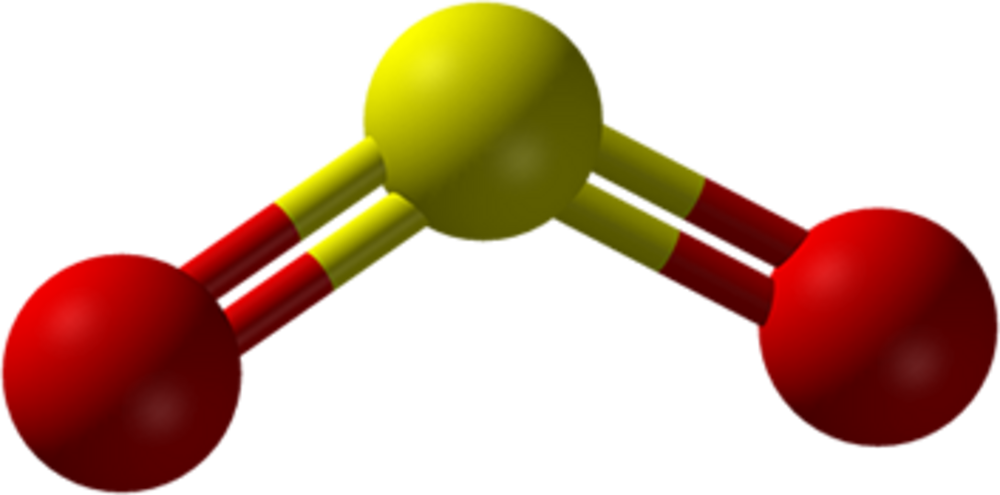Sulphur dioxide
(also known as SO2, Sulfur Dioxide or E220)

Why is Sulphur Dioxide used?
It is sometimes used as a preservative for dried apricots and other dried fruits owing to its antimicrobial properties, (it is sometimes called E220 when used in this way.)
As a preservative, it maintains the appearance of the fruit and prevents rotting.
Sulphur dioxide is produced naturally when wine and beer are made and it is often added to wine to stop it from continuing to ferment in the bottle.
Sometimes used as a preservative, it is safe to consume for the vast majority of people.
What about our products?
Many people enquire in our shops about it, so we thought we'd clear up any misconceptions!
A few of the products we stock contain SO2, it is clearly labelled (as SO2, occasionally as Sulphur Dioxide) in the ingredients, both on the web description and on the product packaging.
What does the Food Standards Agency Say?
"Sulphur dioxide is widely used as a preservative. Limits are set for the amount allowed in food to protect consumers – too much can cause an upset stomach.
The maximum level for soft drinks (as sold) is set at 350 milligrams per litre for lime and lemon juice and barley water, and 250 milligrams per litre for squash.
Sulphur dioxide can trigger an attack at low levels in some people with asthma, but they can avoid foods containing sulphites by checking the label."
How long has SO2 been used in this way?
The use of sulphur dioxide is not modern technology.
Dating back to the fifteenth century, wine traders burned sulphur candles in their wine barrels prior to filling them.
It is naturally produced by wine yeast in small quantities during fermentation. However, the majority of sulphur dioxide is added into the alcohol.
Sulphur dioxide has strong anti-bacterial properties that help prevent bacteria and yeast from growing in the wine and to permit a longer aging process.
I'm sensitive to sulphur dioxide, any tips?
Have a look at our article on sulphite sensitivities here, it's got a guide on foods to avoid and wine that is low in sulphur.